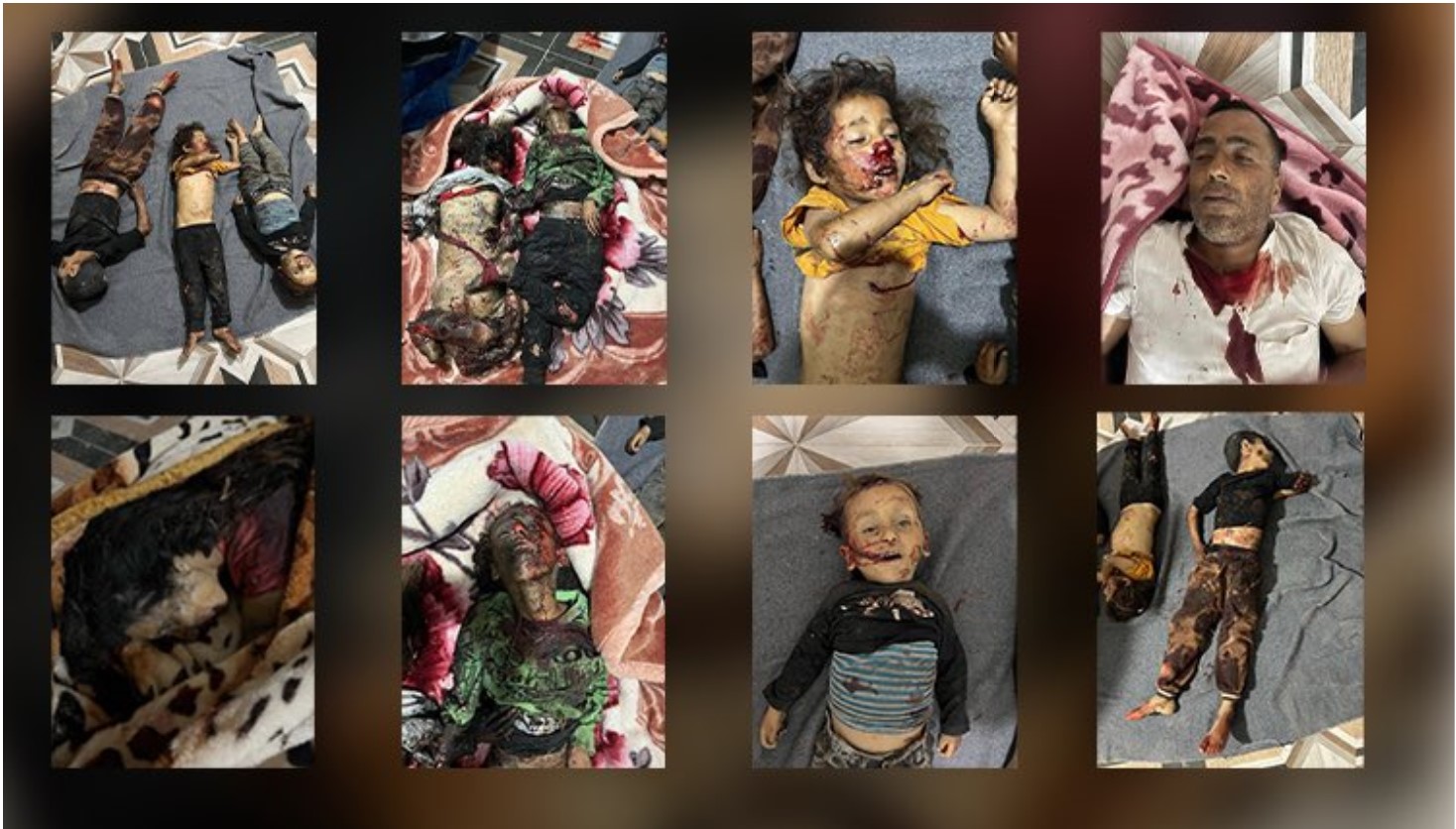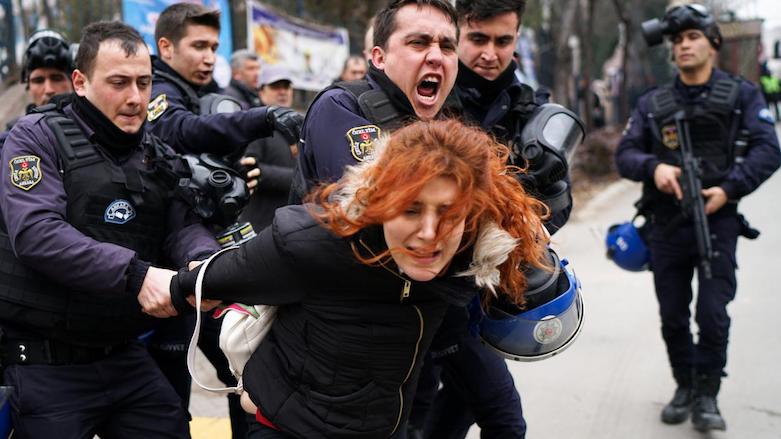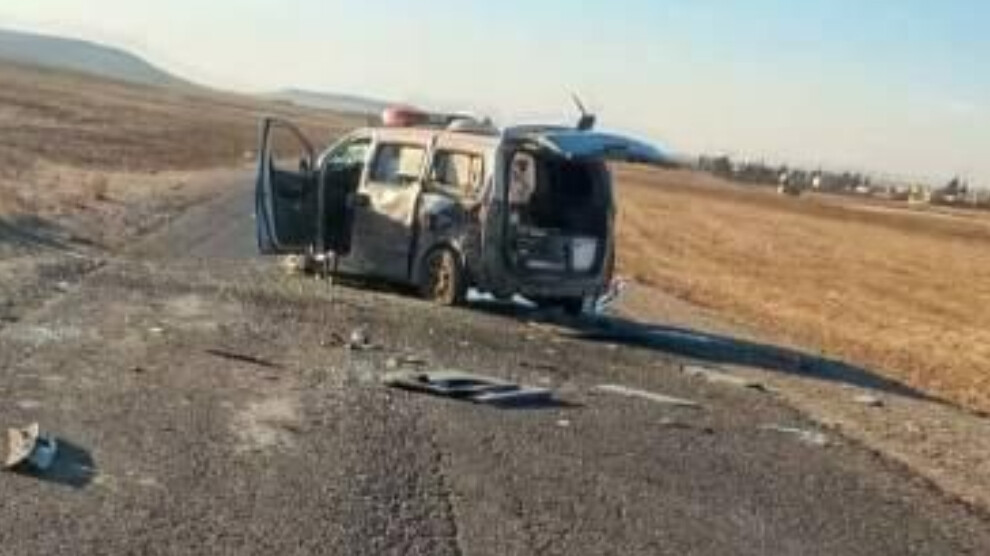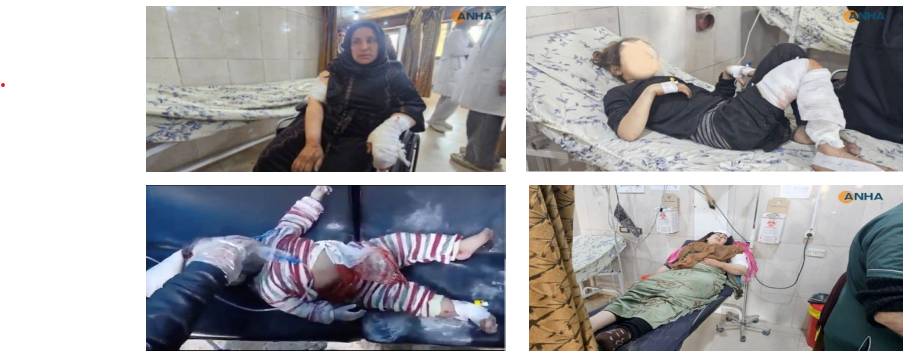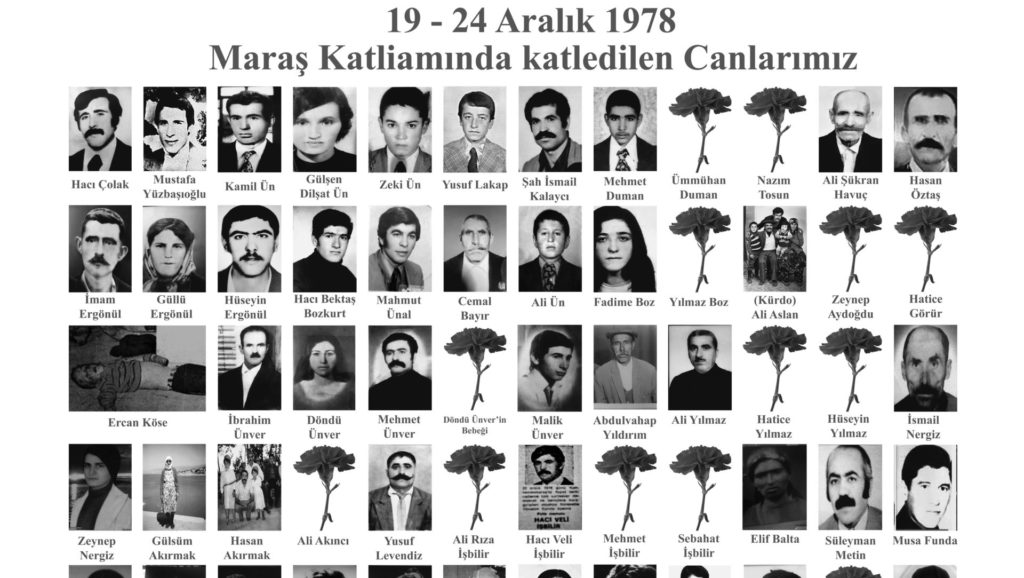In recent weeks, following the fall of dictator Bashar Al-Assad, northern Syria and Rojava have witnessed
severe attacks. What should have marked the start of a peaceful dialogue and democratic transition has
instead become a battleground for foreign interests, threatening the region’s stability.
26 Civilians killed in Tishreen Dam area
Attacks by Turkish forces have focused on two critical points: the Qara-Qozak Bridge and the Tishreen Dam.
Read More “THE TURKISH STATE: TARGETING CIVILIANS AND COMMITTING WAR CRIMES” »

